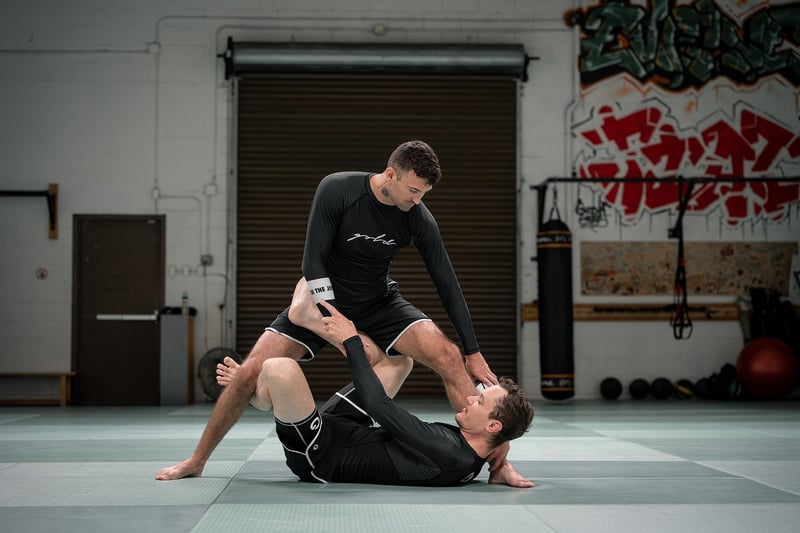Jiu-Jitsu
The Art of Discipline and Self-Defense: A Beginner's Guide to Jiu-Jitsu

Introduction to Jiu-Jitsu
Jiu-Jitsu, also known as Brazilian Jiu-Jitsu (BJJ), is a martial art and combat sport that focuses on ground fighting and self-defense techniques. Developed from judo and traditional jiu-jitsu, BJJ emphasizes leverage, joint locks, and chokeholds to subdue opponents regardless of size or strength.
Benefits of Practicing Jiu-Jitsu
- Builds self-discipline and mental focus
- Improves physical fitness, strength, and flexibility
- Enhances self-defense skills for real-life situations
- Promotes stress relief and boosts self-confidence
Discipline in Jiu-Jitsu
Discipline is a core principle in Jiu-Jitsu training. Practitioners learn the importance of consistency, hard work, and respect for oneself and others. Through disciplined practice, students develop a strong work ethic and perseverance that extends beyond the mat into their daily lives.
Self-Defense with Jiu-Jitsu
Jiu-Jitsu equips individuals with practical self-defense skills that focus on neutralizing threats and controlling opponents without relying on striking or weapons. By mastering techniques like joint locks and submissions, practitioners can defend themselves effectively in various scenarios.
Getting Started with Jiu-Jitsu
- Find a reputable Jiu-Jitsu academy or gym with qualified instructors.
- Invest in comfortable and durable Jiu-Jitsu attire, including a gi (uniform).
- Start with beginner classes to learn fundamental techniques and principles.
- Practice regularly, set goals, and track your progress to stay motivated.
Whether you are looking to cultivate discipline, improve self-defense skills, or enhance your overall well-being, Jiu-Jitsu offers a holistic approach to personal development and physical fitness.
Begin your Jiu-Jitsu journey today and discover the transformative power of this ancient martial art!
For more information on Jiu-Jitsu, visit International Brazilian Jiu-Jitsu Federation.
